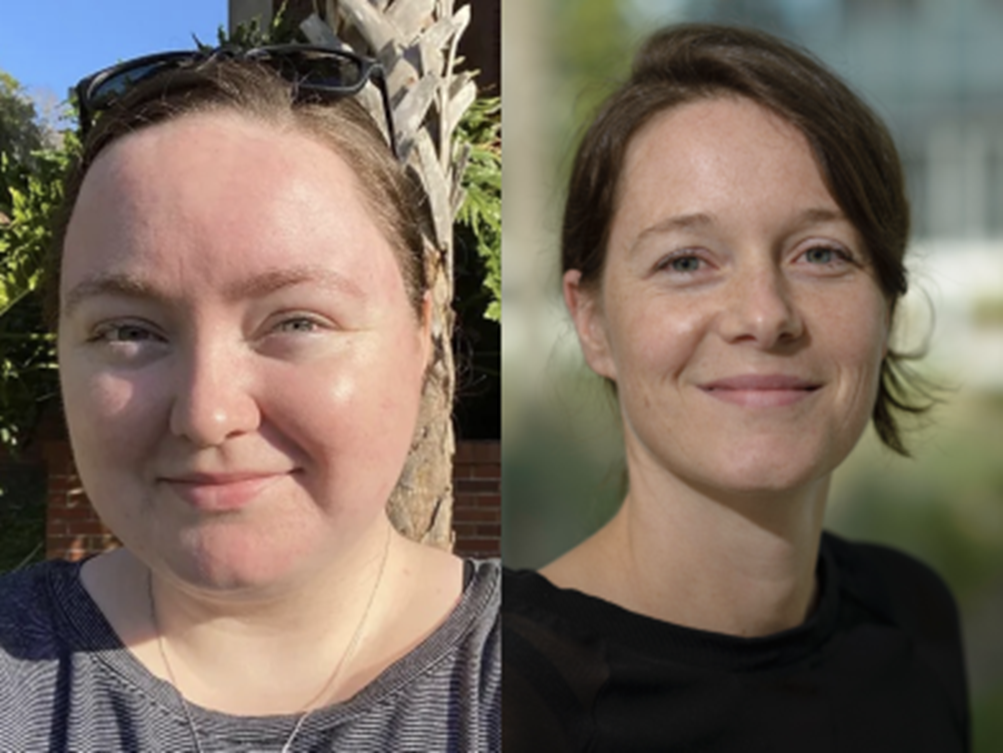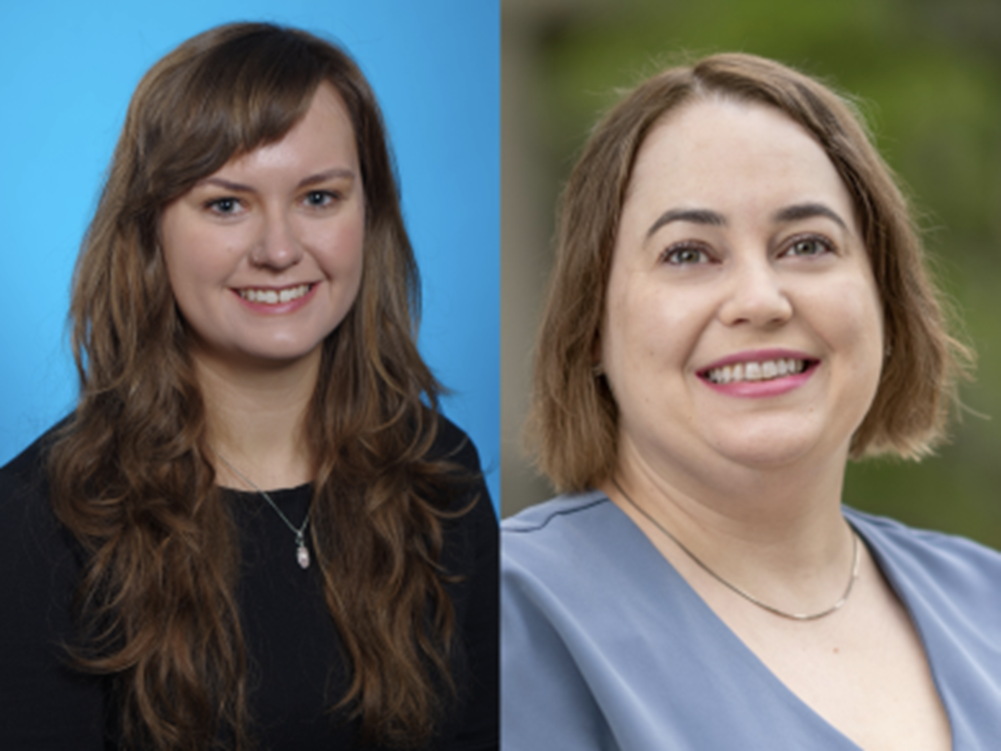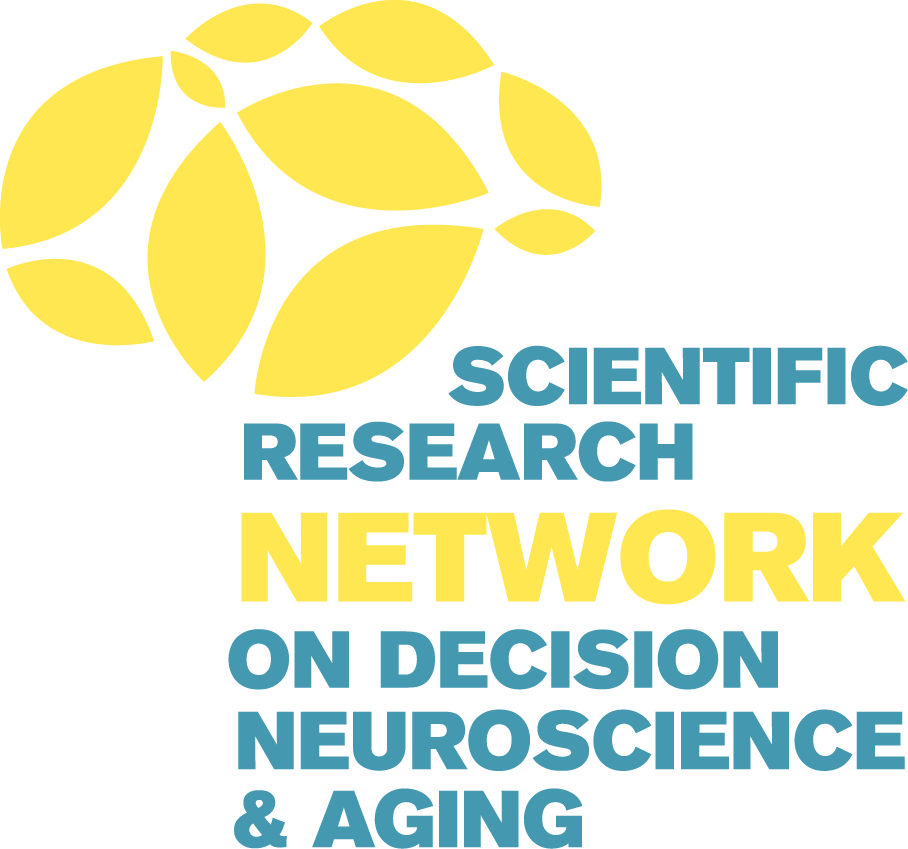Collaboration Award Winners Make Connections
By Sera Gonzalez
June 1, 2023
Sometimes you need mentors who are not at your home institution, mentors who offer extra advice, support, and insight. However, these relationships can be difficult to cultivate, which is why SRNDNA created the Collaboration Award.
This year’s winners are Dr. Colleen Hughes, working with Dr. Natalie Ebner, and Jessica Udry, working with Dr. Lisa K. Fazio.
Dr. Hughes learned of Dr. Ebner’s work from her postdoc advisor, who connected them because of Dr. Hughes’ expertise in multi-echo fMRI. They met over zoom, and Dr. Hughes knew there was a “rich opportunity” for collaborating with Dr. Ebner.

Colleen Hughes (Montreal Neurological Institute) is collaborating with Natalie Ebner (University of Florida) to examine how brain aging, as measured by functional network analysis during rest and task states, relates to older adults’ decision-making in actual and simulated deception contexts.
“Collaborators are a great way to engage with new theory and methods. A collaborator can also give you access to data that you may not be able to collect at your home institution,” said Dr. Hughes. “A good collaboration outside of your home institution may thus change the trajectory of your work in ways you may not fathom initially.”
With the award funds, Dr. Hughes visited Dr. Ebner’s lab in Florida. The collaborative relationship introduced Dr. Hughes to members of Dr. Ebner’s lab who shared their own unique perspectives and knowledge.
Udry’s advisor also connected her with her collaboration mentor, feeling Dr. Fazio would offer valuable perspective on Udry’s dissertation research, which falls outside the scope of her lab’s usual research.
Jessica Udry (Georgia State University) is collaborating with Lisa K. Fazio (Vanderbilt) to examine differences between older and younger adults in the effectiveness of misinformation interventions on reducing judgments of belief in online misinformation.

“This collaboration allowed me to obtain advice and suggestions from Dr. Lisa Fazio, who has expertise in conducting applied research on online misinformation,” said Udry. “Having this perspective from an expert in the field has greatly improved the quality of the project.”
As for finding a mentor outside one’s home institution, Udry suggests leaning on the connections of your current mentor. However, if the connection is with someone new, “I would recommend directly reaching out to them.” She admits it sounds daunting but also noted that “most researchers are happy to hear you are interested in their research even if they do not currently have the capacity to work with you on [a] particular project.”

Also in this issue, Diversity Summer Research Award winners and highlights from ’23 Conference
View the June 2023 Newsletter here

You must be logged in to post a comment.